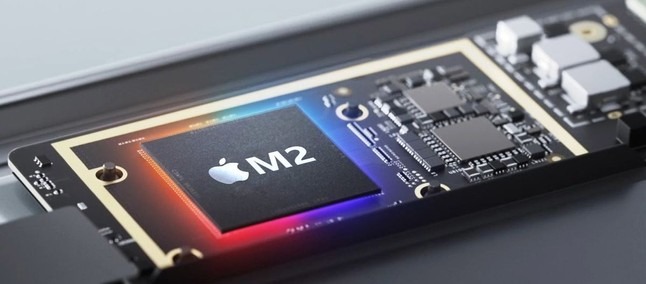Unlike the processors for the iPhone, iPad, and Apple Watch, which usually have an annual refresh cycle, Apple would have planned for the M Series processors, those used on the Mac, an update every 18 months.
According to what was reported by the Commerical Times, a Chinese-language financial newspaper published in Taiwan, the next generation of these processors will be launched in the second half of 2022 and will have the codenamed Staten. The “base model” of the M2 should be used on the next MacBook Air while the more advanced ones, the “M2 Pro” and “M2 Max” with codenamed Rhodes, should be launched in the first half of 2023.
Apple’s M2 series processors will all use a 4-nanometer manufacturing process, capable of offering better performance and greater efficiency, and will be upgraded to the M3 generation after an 18-month cycle. The M3s, according to forecasts, will be produced using TSMC’s 3-nanometer process, which is even more efficient.
The transition to proprietary processors, after years of dependence on Intel, has allowed Apple to no longer be influenced in the development of its new Macs, managing to obtain greater freedom and more cyclical programming. Users don’t update their computers as often as they update smartphones and therefore it makes much more sense to have a larger update cycle when it comes to processors.
When it announced its first M1 processor in November 2020, Apple promised a two-year completion of the transition from Intel. The M1 chip was initially used on MacBook Air, Pro, and Mac mini. A few months later it was also used on the iPad Pro and 24 “iMacs.
One year later, Apple has announced the M1 Pro and M1 Max processors using them on the new MacBook Pros. These chips will likely also arrive on high-end iMacs that are expected to be announced in the first half of next year. According to rumors, these new iMacs will have mini-LED displays, a new design, and ProMotion support.




